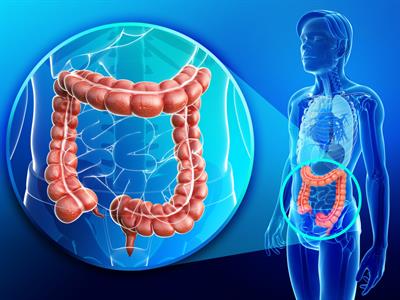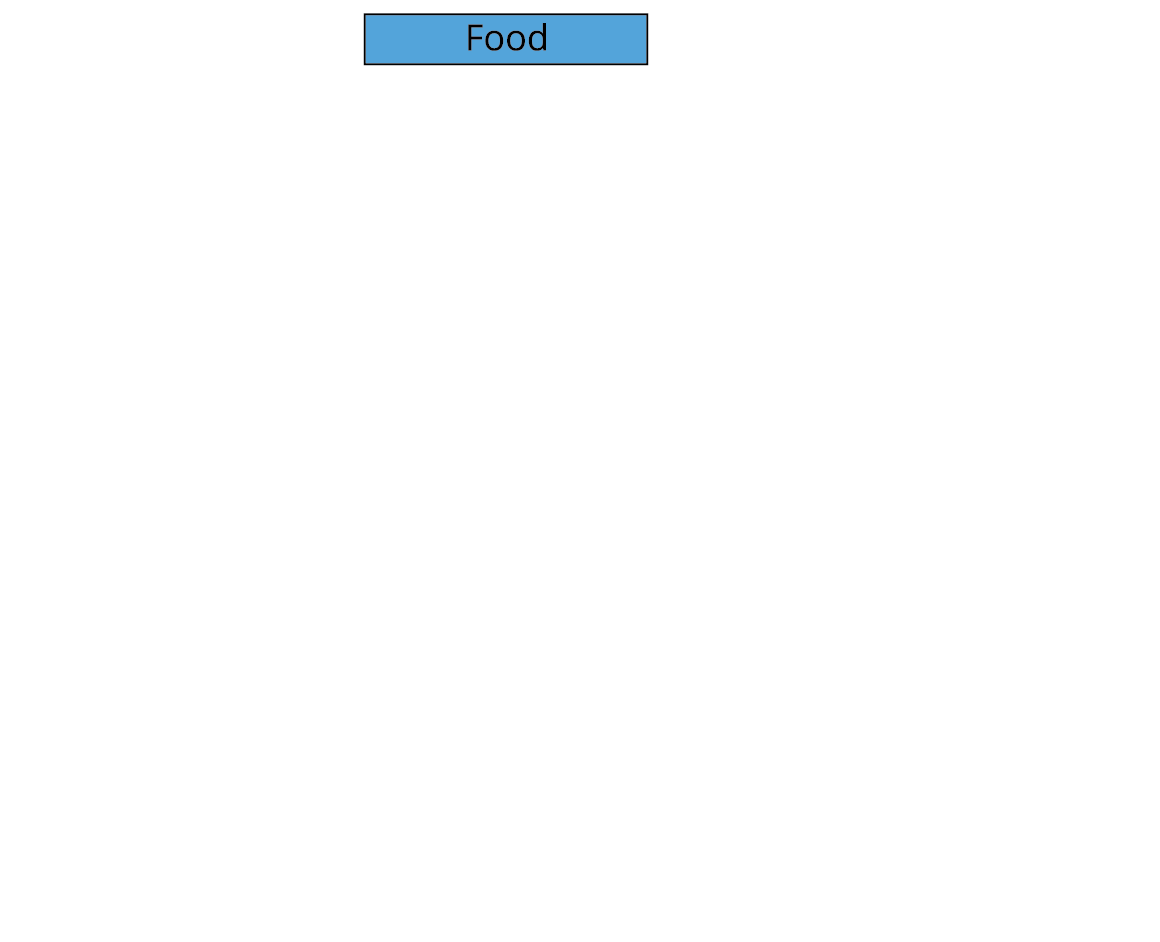
PUMPA - SMART LEARNING
எங்கள் ஆசிரியர்களுடன் 1-ஆன்-1 ஆலோசனை நேரத்தைப் பெறுங்கள். டாப்பர் ஆவதற்கு நாங்கள் பயிற்சி அளிப்போம்
Book Free DemoThe large intestine is nearly 1.5 metre in length. They are named as large intestine because of the diameter (width). It is considerably wider than the small intestine but is shorter.
The process of digestiondoes not take place here. The large intestine helps in absorbing most of the water and also some salts from the undigested food.
The undigested food becomes semi-solid as water is absorbed completely. The rectum or the last part of the large intestine is the place for temporary storage of undigested food. It remains there as semi-solid faeces.

Large intestine
Anus:
It is the last part of the alimentary canal. The faeces is removed through the anus from time to time. The primary function of the anus is to expel the solid faeces out of the body.
The undigested, semi-solid waste is expelled out from the body through the anus. This is called egestion.
Below is a flow chart of the process of digestion:

Digestion process
Diarrhoea is a condition where a person passes out watery stools very frequently.
Diarrhoea is also one of the significant causes of death of small children in our country. It leads to the loss of water and salts from a person's body due to the frequent watery stools.
Loss of water from the person's body due to the watery stools is called dehydration.
The sudden loss of too much water makes a person ill. Excessive dehydration of the body due to diarrhoea can even lead to death.
To prevent dehydration, the person suffering from diarrhoea should be given a solution of sugar and salt in clean water many times.
Oral Rehydration Solution (ORS) is a combination of salt, sugar (carbohydrates to give energy) and water taken orally by mouth to absorb water and electrolytes into the body. Thus, dehydration of the body is prevented during diarrhoea by giving ORS regularly to the patient. Meanwhile, a doctor should be called for giving medicines to cure the cause of diarrhoea.
Interesting facts:
When glucose is taken in, it is immediately broken down in the cell with the help of oxygen, supplying instant energy to the organism. Glucose does not require digestion; it is absorbed directly into the bloodstream.